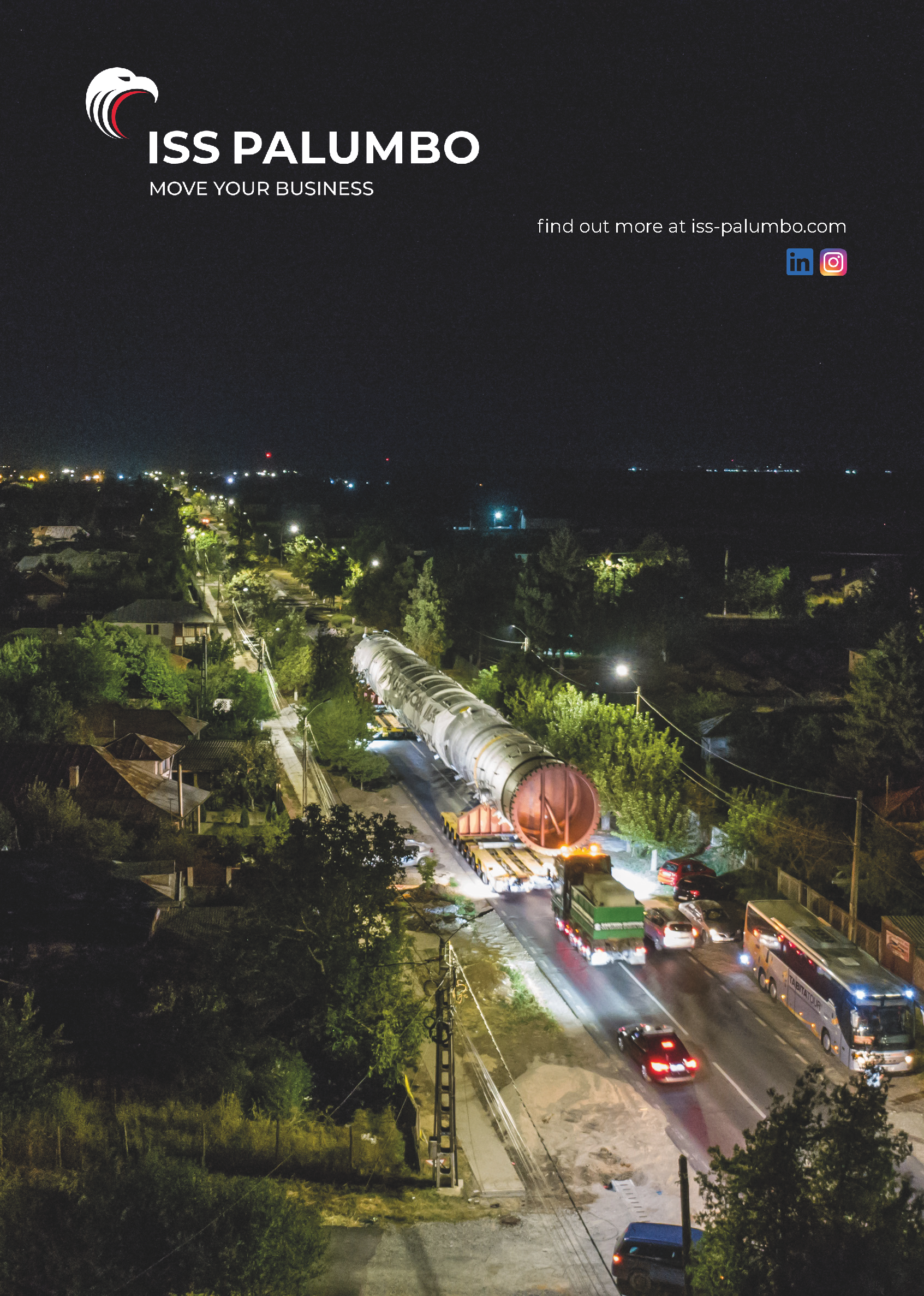Table of Contents
In today’s world of constant change, companies are increasingly looking for Strategies that are able to optimize their logistics operations.
In this context, it fits third-party logistics (3PL) an essential ally for every company.Third-party logistics allows companies to focus on their core business while entrusting their logistics challenges to industry experts.
With solid experience, our company ISS Palumbo stands as one of the leaders in contract logistics.
Find out how we help you achieve levels of excellence in logistics!
Logistics: definition
Logistics is a key element within a company’s production cycle. It involves a number of key activities related to the organization, management and strategies related to the procurement, storage and distribution of raw materials, processed products and finished goods.
Logistics has a Crucial role in optimizing the company’s overall efficiency and profitability. It contributes to a company’s competitiveness and sustainability.
Effective logistics management can:
improving customer satisfaction;
reduce costs;
ensure a smooth flow of raw materials and finished products through the entire supply chain.
Third-party logistics: significance
To understand what the benefits of third-party logistics are, it is necessary to take a small step back and understand what it is all about.
Third-party logistics indicates. The transaction whereby an enterprise outsources to a logistics partner the implementation of outsourcing on goods owned by the enterprise. Thus, specialized companies offer a service that can cover the entire management or just one part of the supply chain.
Below we see what are the services offered by third-party logistics companies:
Inventory management and storage;
Warehouse outsourcing;
Shipping;
Collection and packing.
It is therefore a so-called form of deverticalization of the economy: A number of business functions are transferred outside, entrusting them to other companies in their performance.
Third-party logistics: how it works
On behalf of the client company, the logistics operator handles various aspects of the supply chain and logistics.
Here are what are the key steps:
Finalization of a contract;
Receipt of goods;
Storage;
Inventory management;
Picking and packing;
Order management;
Transportation and delivery;
Monitoring the progress of the order;
Reporting;
Continuous optimization.
Third-party logistics is often used to reduce operating costs, Focus resources on the main activity and Gain benefits from the logistics operator’s specialization and experience .
A flexible approach that can be adapted to the specific needs of each company.
Contract logistics management: why it is so important
Increasingly, companies are turning to outside resources to optimize their supply chain. The goal is simple: gain a competitive advantage.
Reasons related to this choice may include:
The creation of better experiences for consumers;
The expansion of the number of customers;
Access to new markets.
Regardless of what the end goal is, choosing to rely on a third-party logistics provider can help meet multiple needs.
How the warehouse is managed in third-party logistics
When it comes to third-party logistics, one of the most important aspects is warehouse management. To understand its operation, it is useful to make a distinction between:
in-house warehouses (or against its own);
contract warehouses;
In-house integrated logistics;
The internal warehouses are facilities of the owning company, which is personally responsible for managing every activity from procurement to shipping. The owning company itself will also bear all costs (personnel, storage, rent/purchase of necessary space).
On the other hand, the contract warehouses do not belong to the company, but are completely managed by a logistics partner. This means that all activities pertaining to the warehouse are outsourced. In this way, the company can save on various costs: personnel, storage, infrastructure, transportation and more.
A third option is the so calledin-house integrated logistics . This is a logistics service that is provided by an outsourcing partner and directly managed at the customer’s warehouse. The advantage of this solution is to have finished products and raw materials “in house,” with the coaching and support of an experienced partner capable of optimizing resources and flows. By doing so, the in-house team is free to focus its resources on the company’s core business rather than on warehouse activities.
Third-party transportation and logistics: all the advantages
The benefits of third-party logistics are numerous:
Saving time and money: the owning company avoids investing directly on the internal logistics process, saving time and money;
Scalability: the provider employs resources in the right quantities;
Efficiency, flexibility and speed: contract logistics is the perfect solution for all those companies that want to reduce costs and make up for lack of space;
Reducing the possibility of making mistakes: contractors are the ones who take care of the paperwork, audits, invoicing, staffing, training, and optimization needed to deliver the goods;
Continuous optimization: specialized companies have the resources and expertise to improve each stage of the supply chain in the long run.
ISS Palumbo: why turn to a contract logistics company
The purpose of a contracting company is the efficiency.
ISS Palumbo boasts more than 20 years of experience as integrated logistics provider in a variety of prestigious industrial settings, carrying out activities both at Client sites and within owned facilities.
Today ISS Palumbo offers Highly qualified and specialized services in any area of logistics by planning individual activities synergistically and always based on the needs and peculiarities of each Client.
Our goal is to ensure high levels of efficiency at each process.
Contact us!
Together we will find the perfect solutions for all your needs
Logistics costs indicate the expenses related to managing the flow of finished goods, raw materials, and information within a company. Logistics costs include a wide range of elements, such as order management, packaging, transportation, personnel, storage, and more.
Depending on the type of company, various types of logistics can be applied: Bipartite logistics; Integrated logistics; Distribution logistics; Manufacturing Logistics; Partially integrated logistics; Fractional logistics.
The provincial offices of the Civil Motorization and Transportation.
The term integrated logistics refers to a process of devising, controlling and organizing activities aimed at the efficient and effective management of logistics flow.

Break Bulk: ISS Palumbo’s international shipments
In the international break bulk shipments made by ISS Palumbo, the mission is to satisfy all your requirements through continuous improvement, relentless pursuit of higher

Logistics innovation: what will be the trends of 2025?
Logistics innovation: in 2025, the priorities in the logistics industry will be automation, digitization of processes, application of artificial intelligence, and cybersecurity. In an ever-changing

Port logistics digitization: why today it’s important
How important is it today to talk about port logistics digitization? In a country’s logistics system, ports have always played a strategic role in development

Logistics e commerce: everything you need to know
Table of Contents Accomplice to an online commerce that has been on an ever-increasing trend in recent years, today e commerce logistics is constantly facing

Logistics 4.0: digital transformation between challenges and opportunities
With each passing day, it is more and more in front of everyone’s eyes how the logistics sector is slowly being transformed, thanks mainly to

International freight transport: how it works and what advantages with ISS Palumbo
Table of Contents How important is international freight transport today?Within the global marketplace, international logistics plays a key role. That’s why understanding the key factors


Leave a comment